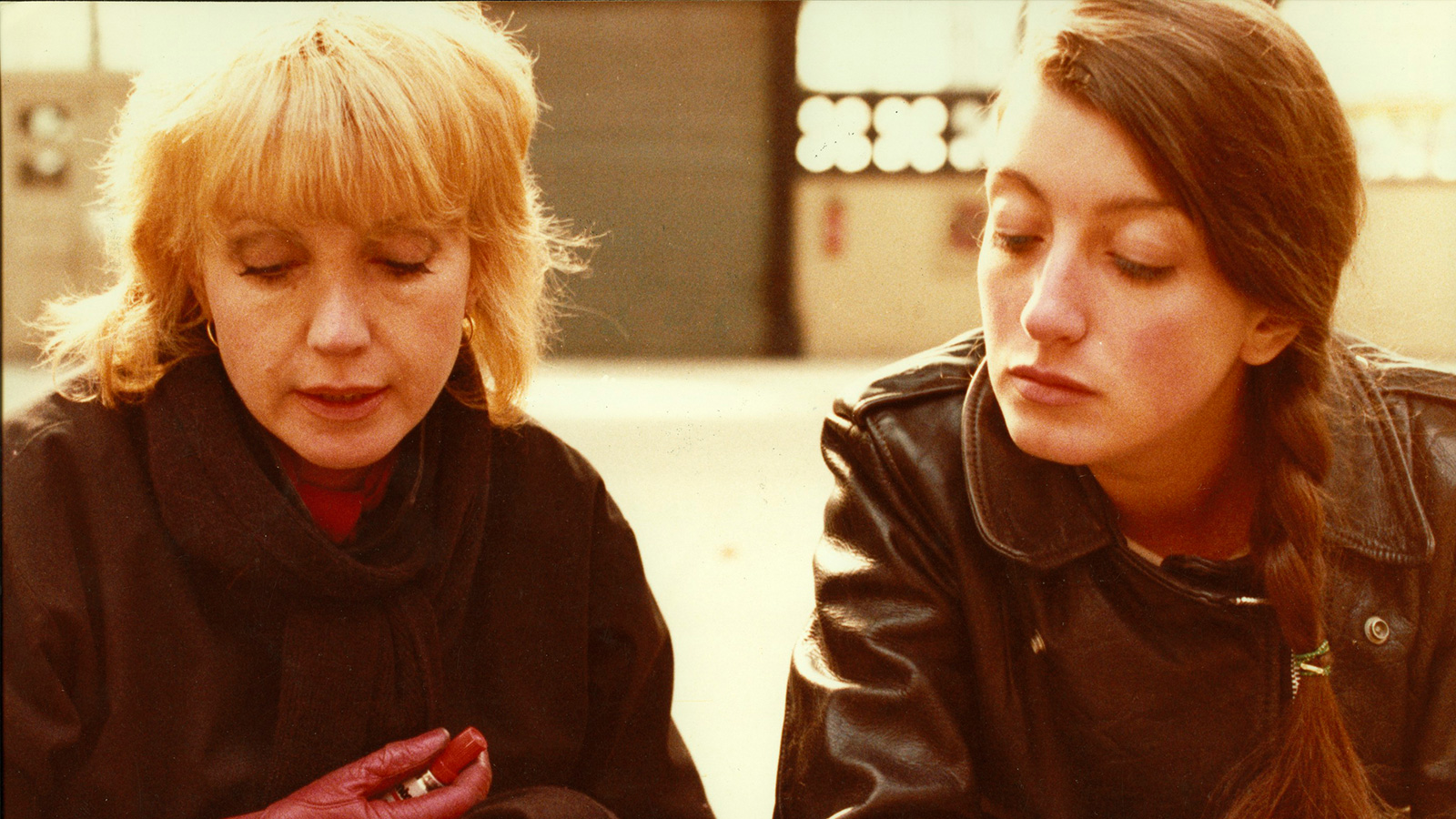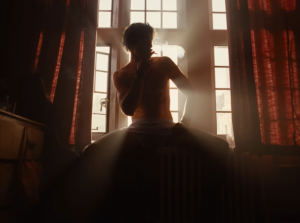
The post Monday Movie: Le Pont du Nord, by David Bax appeared first on Battleship Pretension.
Every Monday, we’ll highlight a piece of writing from our vaults. This review of Le Pont du Nord originally ran as a home video review.
Jacques Rivette’s Le Pont du Nord (out on Blu-ray this week from Kino Lorber) gives us a way of looking at a city that is a unique mix of the pragmatic and the idiosyncratic. The film presents us with two societally marginalized but dynamic individuals and then forces them to interact with their surroundings by showing us a metropolis composed entirely of public spaces. With the exception of an above-ground commuter train, there are zero interior shots. Rivette detaches the city from the private anchors of homes and workplaces where the average citizen spends most of her time and forces his characters to exist as constant political beings, always members of the populace. Even as Rivette’s Paris takes on a more mythic stature toward the film’s end, its elements remain as commonplace as they are grand. The same can be said for his protagonists.
Marie (Bulle Ogier) is fresh out of prison. The exact details of her incarceration are left vague but it’s made clear she was a part of a loose consortium of political militants. Now she’s dumped back into the heart of Paris in the bed of a truck on which she has hitched a ride. She has the clothes she’s wearing, plus an alternate skirt in a bag, and plans to reconnect with her boyfriend, Julien (Pierre Clementi) a criminal of the more petty and less idealistic variety. She repeatedly crosses paths with Baptiste (Pascale Ogier), a more nebulous character but one who would seem to be afflicted with some sort of mental illness that leaves her delusional but intensely focused. “I only eat when I can’t stand the hunger,” she says, revealing a lot about both her self-discipline and her narrow worldview. Baptiste insinuates herself into Marie’s struggle to reunite with Julien, for reasons that may have to do with a shaky idea of sisterhood or possibly just as a diversion. They uncover what they believe to be a criminal plot informed by a fantastical children’s game and begin following real and imagined clues further into the weird outskirts of the city.
Marie’s status as a felon makes her an outsider from the jump. Her practical reasons for living life on the fringes, when compared to Baptiste’s mental illness, mark her initially as the more grounded of the two. Yet it quickly becomes clear that simply being an unconventional woman has led her to the same de facto banishment from normal life as Baptiste. Sanity doesn’t enter into it.
Baptiste, initially seeming just plain unstable (cutting the eyes out of the women in ads that paper walls and fences), gradually begins to display the method to her madness. To her, all bad guys are named Max and, we soon come to realize, all men are Maxes. Le Pont du Nord is never an overtly feminist work but, given our contemporary political climate, it’s impossible not to recognize the ways the patriarchy keeps popping up in the form of men who either expect Marie and Baptiste to do as they’re told or who dismiss them as non-threats even when they don’t.
As the two women follow their clues, their quixotic journey takes them to more and more sparsely populated areas. The abandoned lots and half-completed construction sites are aesthetically drab but Marie and Baptiste’s quest imbues them with a sense of magic, literalized at one point in the form of an industrial chute that looks and behaves like a dragon. It may be that these things are only happening in the women’s imaginations as a coping mechanism, as in Peter Jackson’s Heavenly Creatures. But Rivetter’s presentation suggests otherwise. He mixes the mundane and the mythical like a subtle reverse of Jacques Demy’s Donkey Skin. Despite predominantly employing a handheld, documentary-style aesthetic, he also repeatedly adds in seemingly unrelated shots that swoop around and focus on stone lions in a fountain in a city square. It’s the kind of statuary many of us might pass every day, too clouded by routine to stop and wonder if they might possibly be real.




